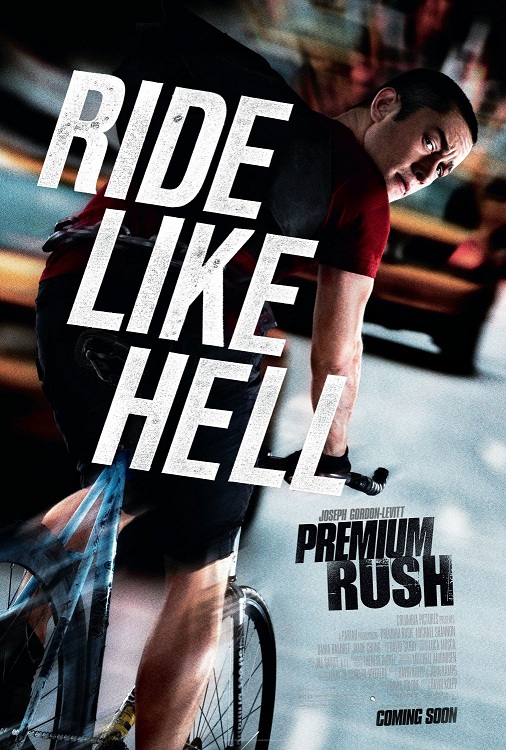Escaping from the conventional ways of storytelling in the film industry is not an easy task for any filmmaker. However, Egyptian filmmaker Seif Abdallah decided to get out of the box and provide an outstanding philosophical vision of the daily life struggles from a new perspective.
With his mobile phone, he tries to capture the beauty of undiscovered places in Egypt and present them in a distinctive way. His latest movie Fever Dream takes you onto a short journey in which you can find answers to many questions you may have.

After studying filmmaking in Los Angeles Film School in California, he decided to return to Egypt to know more about his home country and explore its different stories with an innovative vision.
“I have lived my whole life outside of Egypt. Four years ago, I came back to start working on several documentaries and experimental short films to explore the beauty of the nature of some neglected spots, such as the oases and western deserts,” he said.
Fever Dream is made of footage that Abdallah shot in the different places he has been to. It carries different memories with several of his friends.
“Usually, I shoot a lot of things with no prepared plan, then I form a story out of the footage that I have and that is what I exactly did while shooting Fever Dream. It is considered a 32-minute audiovisual poem. The characters in the movie are real people who are searching for a meaning for their lives,” he added.
The movie presents a conversation between urban sophistication and bedouin simplicity. It’s a conversation between the institution, social system, and the corrupt idea of the urban city we live in, compared to purity and nature.
“The film follows the main characters on their trip from the city to the desert in search for beauty, purity, and to get away from the decayed modern sophistication we live in and to live a much simpler life. They look at themselves, search for God, and discover the truth about the world,” he noted.
In his opinion, we live in a bubble. We don’t know what is outside the bubble so the movie tries to raise some questions that need to be answered.
“Shooting was really simple because I usually shoot with the camera of my iPhone. It is very convenient especially when shooting in the streets because people are usually very sceptical when they see a person shooting with a mobile camera,” he said.

The poetry was an essential part of the movie as it provided some insightful values and thoughts to the messages the movie was trying to convey to the audience.
“The poetry in the movie was a result of a great cooperation with Qamar Al-Qady. She accompanied us to the desert to live in the movie’s atmosphere and come up with some magnificent poems that gave some depth—something images couldn’t do,” he added.
Although the movie will be screened in Madar in Cairo next Friday, Abdallah has various plans for screening the movie in many other independent venues.
“The movie is not the kind of typical traditional storytelling. In addition to participating in some international festivals, I am currently negotiating with Zawya art house to schedule a suitable screening time,” he concluded.



